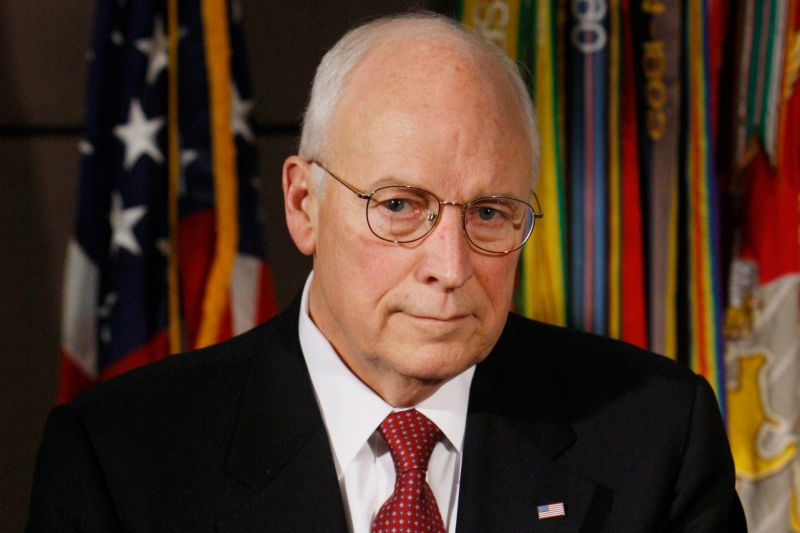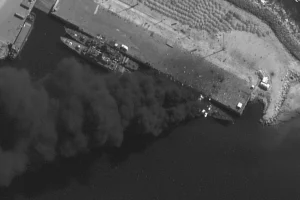Historian Defends Dick Cheney’s Legacy Amid Iraq War Debates

Conservative historian Craig Shirley emphasized on Sunday that former Vice President Dick Cheney, who passed away at 84, should be evaluated through his lifelong contributions rather than solely the contentious decisions surrounding the Iraq War. Shirley argued that Cheney’s actions were driven by a sense of patriotism and fear in the aftermath of the September 11 attacks, stating, “He made mistakes, but ultimately he was acting in what he thought was the best interest of America.”
Shirley highlighted that Cheney’s legacy must be assessed based on his entire life rather than modern moral standards, cautioning against “presentism” in historical judgment. He recounted how post-9/11 America was gripped by fear, leading to difficult choices that were later scrutinized. Shirley shared anecdotes from his interviews with Cheney during research for books on Ronald Reagan and Newt Gingrich, describing him as “a good and decent man.”
The historian also noted the evolving role of the vice presidency, tracing its transformation from a peripheral position under Martin Van Buren and Franklin D. Roosevelt to a more influential office under Walter Mondale. While acknowledging that expanded power brings risks, Shirley stressed that Cheney’s intentions were rooted in what he believed was national security during a volatile era.




